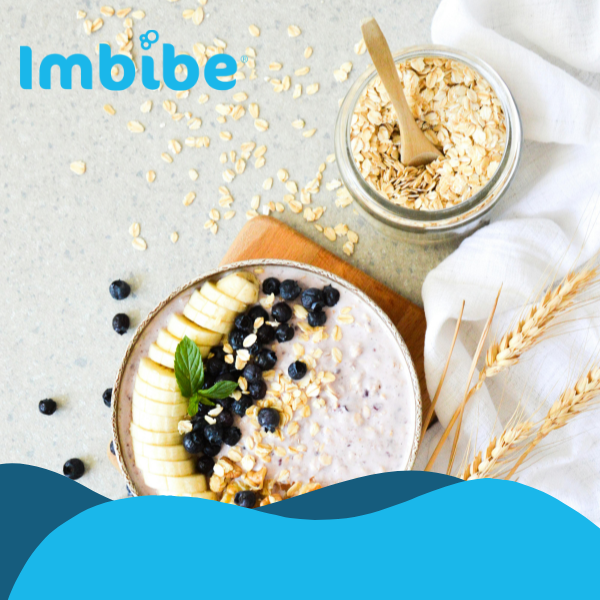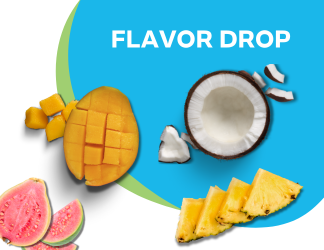In 2015, approximately half of the American population, or 150 million people, drank coffee daily. Coffee’s widespread consumption makes it the perfect category in which to introduce new beverage concepts. The blurring of beverage categories is leading to a number of coffee hybrids with added health values beyond alertness and energy, whether it be from added fat, protein, probiotics, antioxidants, or even cannabis. I’d like to explore a few coffee mashups that are currently trending.
Full-fat coffee
South Asians and East Africans have been adding various forms of fat to coffee for hundreds of years, but the butter in coffee trend took off recently in the US with the launch of Bulletproof Coffee. Bulletproof’s kit combines coffee, butter and a coconut oil extract to increase cognitive function. In recent years, Bulletproof and other similar do-it-yourself beverage systems have gained popularity among weight loss and fitness gurus, as well as “biohackers” – people looking for a brain performance boost in high-pressure environments like the Silicon Valley startup scene. Following Bulletproof, Grass Fed Coffee recently introduced an RTD containing Fairtrade cold brew coffee and German grass-fed butter, which touts high amounts of healthy fats and vitamins.
Protein coffee
Driven by the greater awareness of protein’s health benefits and higher demand for meal replacements among busy consumers, a number of hybrid coffee and protein products are emerging. Nature’s Best Javapro protein coffee shake, Hiball Energy’s coffee high-protein energy drink, and Califia Farm’s Full Shot plant-based protein coffee drink are just a few market examples crossing the sports nutrition/coffee line. A draw for anyone looking for help with satiety or weight loss, these products can be used during workout prep, as meal replacements, or as snacks.
Probiotic coffee
Probiotics’ connection to digestive health is widely known, although recent research has also linked probiotics to improvements in mood, neurological function, skin health, and immunity. The ingredient is a draw for those looking for something that supports overall health. Jús by Julie’s recently launched an RTD cold brew coffee infused with vegan probiotics and fibre aimed to support gut and immune health by reducing abdominal pain, bloating and gas. In a unique mashup, Banjo cold-brew coffee and Golda kombucha partnered in late 2015 to offer a cold-brew coffee and kombucha mix called Koffucha. Kombucha, or fermented tea, is a notable source of probiotics.
Antioxidants and coffee
Many superfruits contain antioxidants, which are associated with immune and anti-ageing effects. Superfruits can be a big draw for consumers looking for nutrient-dense and uniquely flavoured products. KonaRed has leveraged this phenomenon by producing beverages using coffee fruit, the antioxidant-rich flesh surrounding beans that is typically discarded after bean extraction. Merging the alternative water category with coffee, KonaRed announced a coffee fruit and cold-brew combo drink in early 2016. Consumers will soon have access to antioxidant-infused coffee products that blur the line between supplements and beverages. CoffVee has launched coffee infused with resveratrol, the plant compound in the skin of berries known for its antioxidant and anti-ageing properties. Resveratrol has traditionally only been accessible by drinking red wine or taking supplements. CoffVee aims to go after those who want to gain the health benefits of supplements without additional pills.
Since coffee is such a prominent beverage category, it’s becoming an avenue for product developers to add functional ingredients and present consumers with more opportunities to conveniently obtain health benefits. As consumer demand for health and wellness products increases, we can expect to see more coffee and function fusions, especially within the growing cold-brew category.
Originally posted on Foodbev.com



